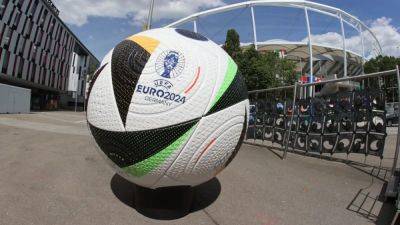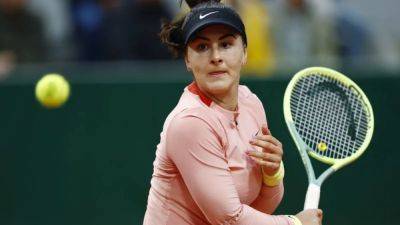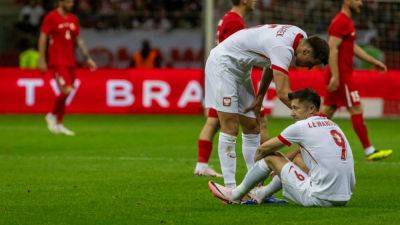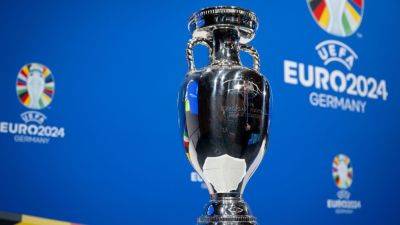Slovakia’s disinformation history serves as a cautionary tale for the EU
In the hours following the attempted assassination of Slovak Prime Minister Robert Fico on May 15, 2024, fake news and conspiracy theories began circulating online. Some of these speculations tried to connect the alleged shooter, Juraj Cintula, a 71-year-old self-described writer, to Slovakia's main opposition party.
This type of disinformation is hardly surprising. Back in April, Euronews travelled to Bratislava to report on the scale of disinformation in Slovakia, through the experience and viewpoints of journalists, researchers, fact-checkers and media teachers working to combat these false narratives and their devastating consequences on social cohesion and political stability in the country.
Disinformation – which can be defined as false information deliberately and often covertly spread in order to influence public opinion or obscure the truth – has surged in Slovakia since the annexation of Crimea and the conflict in Eastern Ukraine, fuelled mostly by Russian operatives both within and outside Slovakia seeking to influence the public opinion.
The invasion of Ukraine in 2022, and the adoption of false narratives by political figures, further exacerbated the spread of disinformation in the country, to the point where there are now thousands of media outlets, Facebook pages and telegram channels parroting Moscow’s propaganda or simply spreading lies.
As Veronika Frankovská, a Slovak fact-checker, points out: “It doesn't matter to make people believe in a certain story, but to simply, erode that trust in whether what they read and what they see and what they can see around themselves, whether it is true or whether everything is a bit unreliable. And you can trust no one.”
As Europe gears up for the June European








